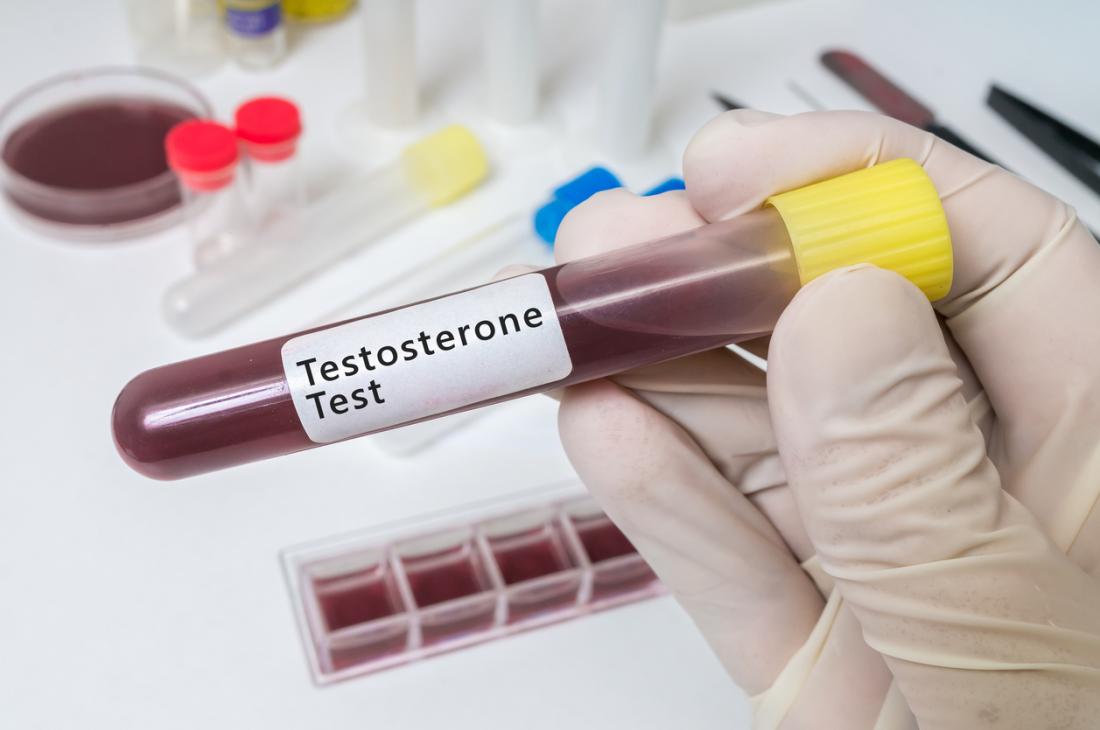
In recent years, testosterone has become a hot topic among men and women of all ages. Commonly prescribed as a solution to hormonal imbalances, testosterone therapy has been shown to offer a plethora of benefits. Yet, like any treatment, it can come with potential risks.
For individuals considering testosterone prescription, understanding the benefits and risks is essential. In this article, we delve into the world of testosterone prescription, exploring the benefits it can provide and the potential risks you may face.
Table of Contents
Understanding Testosterone Prescription:
Testosterone is a hormone present in both men and women, responsible for various physical and emotional characteristics. The hormone is vital in maintaining muscle mass, bone density, red blood cell production, and sex drive. A testosterone deficiency can lead to various complications, including low sex drive, osteoporosis, and erectile dysfunction.
Testosterone prescription therapy can help relieve these symptoms in men and women. Testosterone prescription products come in various forms, including injections, gels, and patches, and are prescribed based on personal and medical needs.
Benefits of Testosterone Prescription:
Testosterone prescription therapy has several benefits, which vary depending on the individual’s medical condition. For men with a testosterone deficiency, therapy has been shown to improve mood, increase sex drive, reduce fat mass, decrease insulin resistance, and improve bone density and muscle mass.
Women who seek testosterone therapy may experience improved sex drive, bone density, and muscle mass, amongst other benefits. In addition, women with Polycystic Ovary Syndrome (PCOS) can benefit from testosterone therapy, which helps regulate menstrual flow, improves insulin resistance, and aids in weight control.
Risks of Testosterone Prescription:
Alongside the benefits, testosterone prescription therapy can come with potential risks. While the risk of complications is low, it can occur in some individuals. These risks include acne, hair loss, fluid retention, breast enlargement, and prostate enlargement in men. In some cases, testosterone therapy may increase the risk of cardiovascular events, such as heart attack and stroke.
:max_bytes(150000):strip_icc()/GettyImages-75404038-ImageSource-56a516285f9b58b7d0dac85d.jpg)
It’s essential to talk with a healthcare professional before beginning testosterone therapy, ensuring the risks and benefits are carefully discussed, and you are aware of any potential side effects.
Risks of Low Testosterone:
Low testosterone levels can cause many adverse health outcomes, making testosterone prescription therapy necessary in some cases. Low testosterone levels can cause decreased bone density, emotional distress, erectile dysfunction, osteoporosis, fatigue, and decreased muscle mass.
In Short:
Testosterone prescription therapy can offer several benefits, from improving mood and increasing sex drive to aiding in weight management. While there are risks associated with testosterone therapy, healthcare professionals can help measure these potential risks against the benefit of treatment.
For individuals considering testosterone prescription therapy, it’s essential to work closely with a healthcare professional, ensuring the right dosage is prescribed and the benefits and risks are adequately communicated. By doing so, individuals can make the best-informed decision about whether testosterone therapy is an appropriate course of treatment for them.


